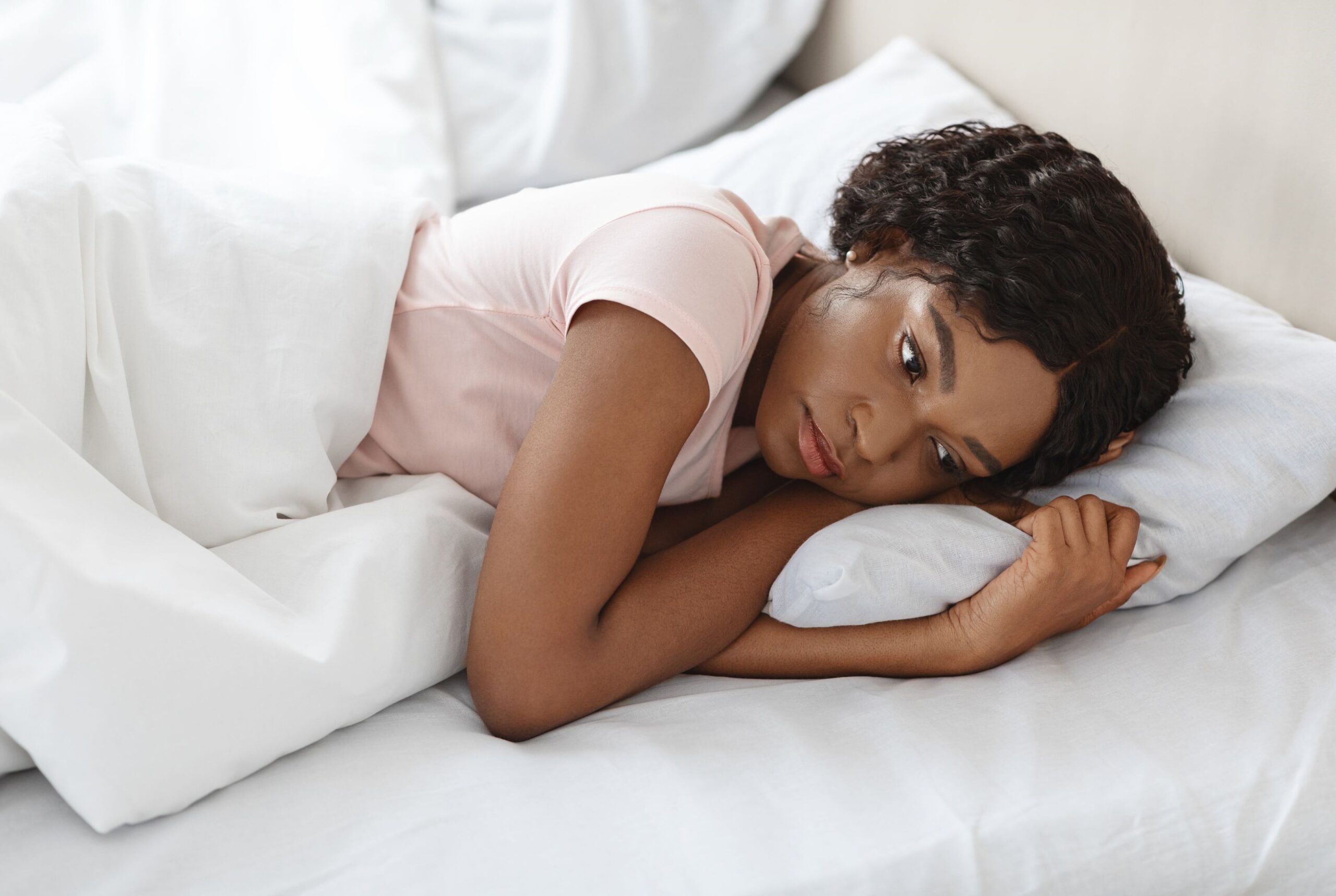Silent panic attacks can occur without warning and cause significant distress at the moment they occur. Not only that, but many people go to great lengths to avoid having a panic attack in public. As a result, they avoid living their life the way they want to—contributing to diminished mental health and lower quality of life.
North Atlanta Behavioral Health is here to help you overcome panic attacks and other mental health symptoms. Visit our admissions page today to learn more.
Silent Panic Attacks: Signs and Symptoms
Silent panic attacks are panic attacks without the typical physical symptoms.
When you have a silent panic attack, you experience the overwhelming fear and anxiety that characterizes panic. However, you don’t display outward physical symptoms like breathing difficulty, tremors, or sweating. Silent panic attacks, therefore, have less apparent symptoms and could go unrecognized as a result.
The signs and symptoms of silent panic attacks include the following:
- Dizziness
- Nausea
- Racing heart rate
- Tingling in the limbs
- Feeling weak
- Intrusive or racing thoughts
- Headache
- Throat closing up
- Changes in vision (light sensitivity, blurry)
- Feeling detached or “derealization”
Thus, symptoms of a silent panic attack are subtle and not as readily apparent to others. These symptoms can even be difficult to describe to other people. For instance, derealization means you feel detached from your environment or body—and other people wouldn’t notice this symptom.
What Causes Silent Panic Attacks?
The causes of silent panic attacks aren’t well known. However, some factors could make you more susceptible, including:
- Family history of panic attacks, anxiety, or other mental health disorders
- Imbalance of brain chemicals that control your response to fear
- History of trauma
- Adverse Childhood Experiences (ACEs)
- Chronic stress
- Negative thinking and perfectionism
- Significant life changes (moving, loss of a loved one, childbirth)
Overall, underlying factors like these could lead to the development of any mental health disorder when you don’t have support and healthy coping skills. Oftentimes, mental health disorders result from maladaptive coping strategies (or no coping strategies) for stressors.
In other words, when you don’t have a healthy way to cope with stress, you are more vulnerable to developing disorders, like panic attacks and anxiety.
Silent vs. Regular Panic Attacks: What’s the Difference?
As stated above, the primary difference between silent and regular panic attacks is in the presentation of symptoms.
People with silent panic attacks have primarily internal and psychological symptoms. This means that other people won’t notice your symptoms. However, you will experience significant distress from them—and they will be quite noticeable to you.
But, with a regular panic attack, you might have symptoms such as:
- Heart palpitations
- Tremors or shaking
- Troubled or labored breathing
- Profuse sweating
- Tightness in the chest
Panic attacks sometimes occur as a symptom of an underlying anxiety disorder. Other times, panic attacks manifest into a type of anxiety disorder called a panic disorder.
What is a Panic Disorder?
A panic disorder is defined by frequent panic attacks (silent or regular) as well as an overwhelming fear of having an attack.
According to the Anxiety and Depression Association of America (ADAA), “[a]bout 2-3% of Americans experience panic disorder in a given year and it is twice as common in women than in men.”
Therefore, the challenge with a panic disorder is two-fold. On one hand, you experience debilitating panic attacks, which can come up at any time and often without any warning. On the other hand, you also fear having a panic attack, which might negatively impact your life as well.
Oftentimes, it’s the fear of having an attack that creates the most problems.
You might avoid situations where a panic attack would be embarrassing or dangerous. As a result, you might avoid socializing, going to a store, driving a car, or interviewing for a job.
Fortunately, there are solutions to managing panic attacks and treating panic disorders.
How Are Panic Disorders Treated?
Panic disorder treatment focuses on two things: (1) relief at the moment and (2) prevention of future attacks.
1. Relief for a Panic Attack When It Happens
What does “relief at the moment” mean with a panic attack? Well, this means being prepared for a panic attack so that you can cope with it more easily. In other words, if you can’t prevent the attack, you can learn to manage it when it occurs.
Some ways to deal with a panic attack when it happens include:
- Focusing on something external, such as music, sights, smells, or sounds
- Deep breathing to control your heart rate and shortness of breath
- Getting to a safe space with less stimulation and people
- Remember that this will pass
These tips can also reduce the unpleasant aftereffects—commonly called a panic attack hangover. In addition, your psychiatrist might prescribe fast-acting anti-anxiety medications to help you calm down quickly during a panic attack.
2. Preventing Panic Attacks
What about prevention? After all, if you have a panic disorder, you’d rather never have another panic attack again.
First off, remember that the better prepared you are for a panic attack, the less fear and anxiety you will feel about them. This will offer some relief, so think of preparation as an act of prevention—just being ready for an attack could reduce your anxiety and panic symptoms.
Still, there are treatment options that help to prevent panic attacks, including:
- Psychiatry: Psychiatric medications can help to prevent panic attacks by alleviating the anxious thoughts and feelings that lead to them.
- Psychotherapy: Individual and group therapy can help you cope with the psychological symptoms that accompany and cause panic attacks.
- Holistic approaches: Panic disorders affect all aspects of your health and well-being. Addressing your physical and spiritual wellness with holistic therapy can help you manage your disorder.
Get Help for Panic Disorders Today
Silent panic attacks could be a sign of a panic disorder. If you experience overwhelming dread and panic frequently, our outpatient mental health treatment programs can help you. At North Atlanta Behavioral Health, we offer treatment for panic disorders as well as related anxiety disorders.
Contact us today to start panic disorder treatment in Atlanta, Georgia.














Если вам нужна база для xrumer https://www.olx.ua/d/uk/obyavlenie/progon-hrumerom-dr-50-po-ahrefs-uvelichu-reyting-domena-IDXnHrG.html, стоит обратить внимание на актуальность и качество ссылок.